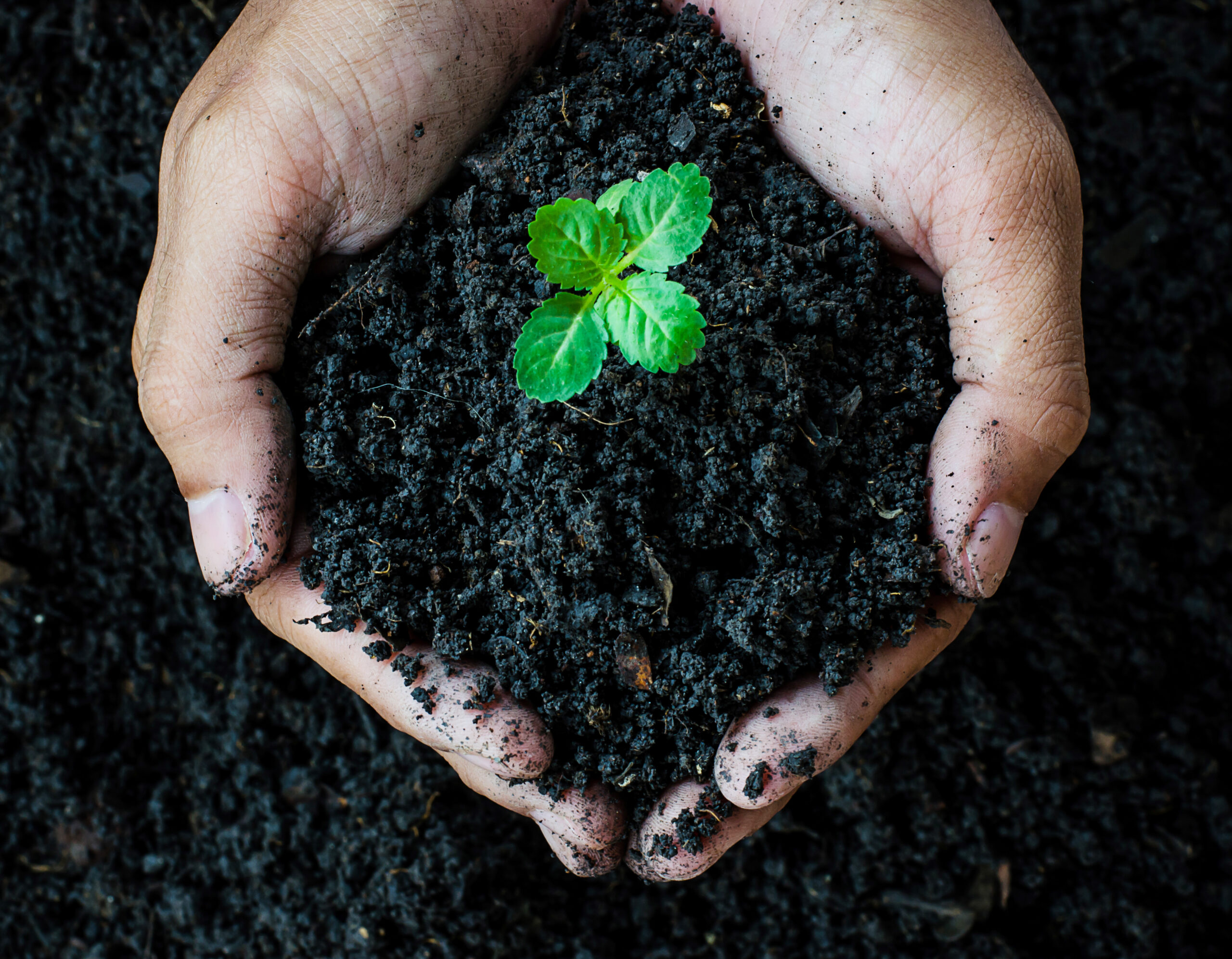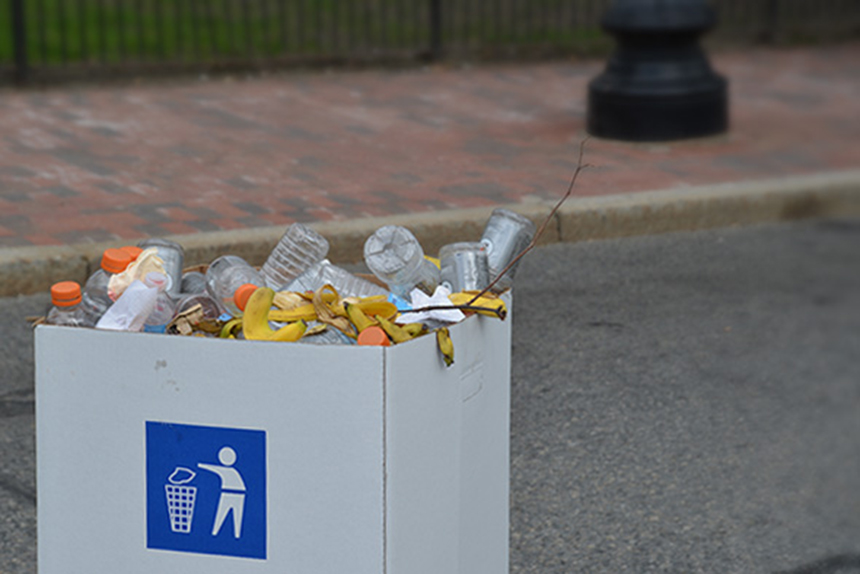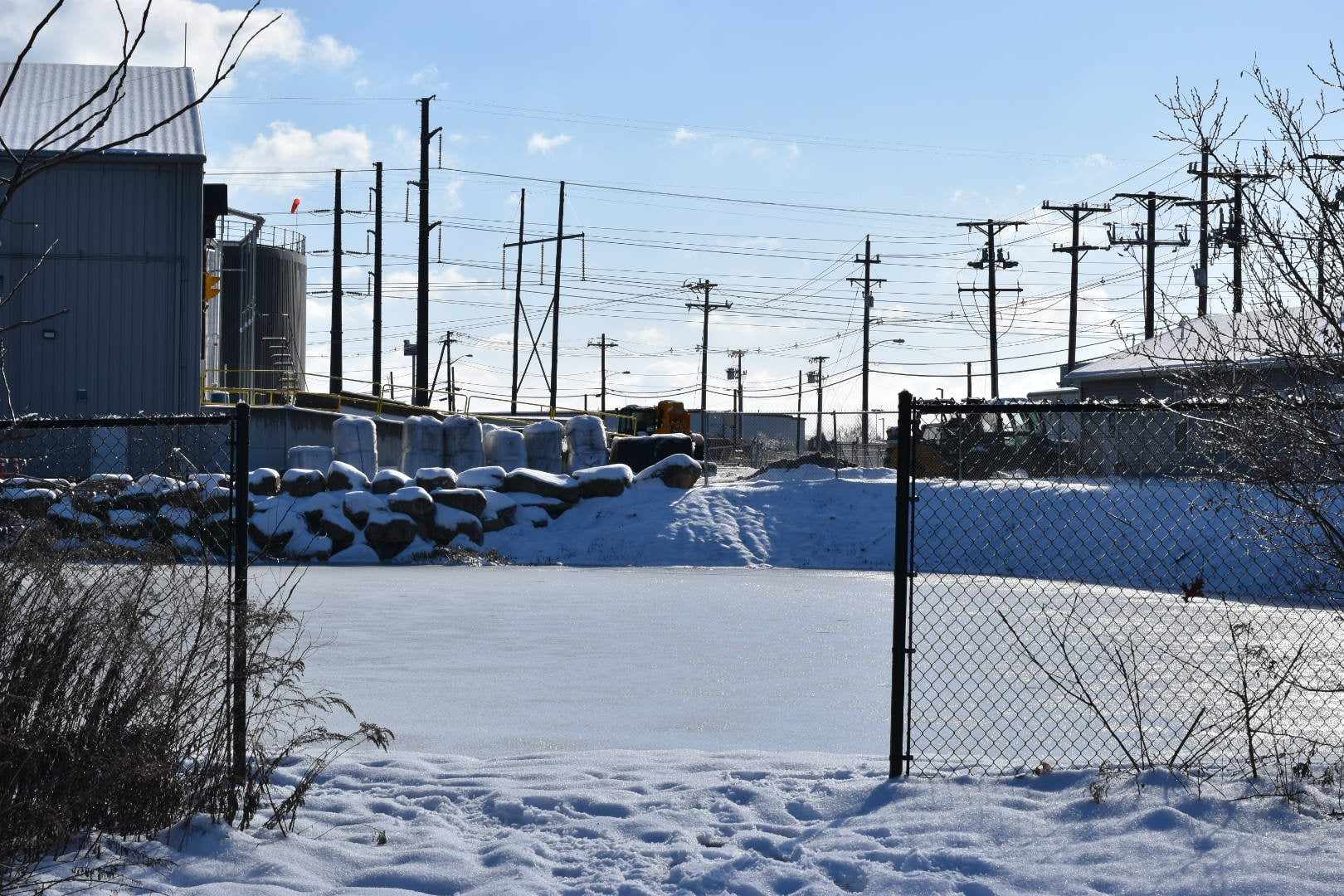R.I. Needs Bottle Bill, Better Recycling Laws to Reduce Waste Problem
January 15, 2024
PROVIDENCE — Despite Rhode Island bans on polystyrene food containers, plastic straws and — its most recent, effective Jan. 1 — on single-use plastic bags, those efforts are likely to have only a negligible impact on the state’s growing plastic waste problem.
A joint report released last year by the state Department of Environmental Management and the Rhode Island Resource Recovery Corporation (RIRRC) revealed that most plastic material in Rhode Island isn’t actually getting recycled, it’s getting buried in the landfill with all of the other trash.
About 73% of all plastic material is getting buried in the landfill, according to the report. That’s more than 26,000 tons of the stuff every year. Meanwhile, only 7,000 tons of plastic are processed via RIRRC’s materials recovery facility into recycling, meaning out of every four pieces of plastic waste produced by residential homes across the state, only one will be recycled.
And the state is feeling the weight of all this plastic. A 2023 study by the University of Rhode Island estimated that the top 2 inches of the Narragansett Bay seafloor contains more than 1,000 tons of microplastics, which accreted over the past two decades.
And it’s not just in the bay. For years waste advocates have been calling attention to the state’s growing litter problem. Last year ecoRI News reported a nip pickup challenge run by state environmental groups collected 34,800 nips in two months across 31 municipalities.
Meanwhile, RIRRC is up against a hard deadline. The Central Landfill in Johnston is expected to reach full capacity sometime in the next two decades — the current date based on the facility’s intake is 2040 — and state leadership on the issue of what to do after that is sparse. Options for life after the landfill remain slim: expand the current landfill; build a new facility in another town; or pay to ship the waste out of state.
Jed Thorp, executive director of Clean Water Action Rhode Island, said the state needs greater understanding of just where and how plastic ends up in the environment.
“We don’t really know where exactly it’s coming from,” Thorp said of the microplastics in the bay. “Is it coming from stormwater runoff? Is it coming from the storm drains? Is it coming from litter found on the streets? There’s more sampling and research to be done.”
Thorp is one of the main advocates for a container deposit law, more commonly known as a bottle bill. How it works is customers typically pay a small deposit upfront, anywhere from 5-15 cents, when they buy a bottle container product, which can be redeemed when the empty bottle is returned to a participating location or redemption center for recycling.
As policy, bottle bills aim to increase plastic recycling rates and reduce litter by incentivizing consumers to collect and return empty plastic bottles. Container redemption policies have existed in some states since the 1970s, and both of Rhode Island’s neighbors, Connecticut and Massachusetts, have them in place.
States with bottle bill systems consistently see litter reductions between 69% and 84%, according to a study by the Container Recycling Institute. Total litter was reduced between 34% and 64% after enacting bottle bills.
While this year’s bottle bill has yet to be introduced on Smith Hill, the debate is far from new. Rep. Carol McEntee, D-South Kingstown, has introduced legislation five times previously, but each one failed to be voted out of committee. In an interview last month, Speaker Joe Shekarchi, D-Warwick, told The Providence Journal he was skeptical of a bottle bill and instead favored a “producer tax” on beverage containers.
Instead of passing the bottle bill last year, lawmakers chose to create a study commission to mull over the issue for another year. The commission, co-chaired by McEntee and Sen. Mark McKenney, D-Warwick, has met four times since September, and Thorp, a chief advocate for the bottle bill at the Statehouse and a member of the study commission, said the race is on for the commission to complete its work in time for the legislature to act on a bottle bill.
“Ideally, you want whatever the next version of the bottle bill is to reflect the recommendations of the study commission,” Thorp said. “It might be a challenge to have the study commission’s work done in time and have a bill in play this session.”
The joint bottle bill study commission is expected to meet again later this month.




Recycling doesn’t work… we need to end or greatly reduce single use plastic. We have the solutions, we just need incentives for people and corporations to participate.
It is outrageous and frightening to think of…..once made, plastic never leaves the earth, and we are on track to again double plastic manufacturing by 2050. You’re worried about the ocean floor now? Think what it will look like then. It can feel hopeless. Combined with growing and unhindered population levels….only the earth itself will intervene and solve this, in the form of natural disasters, epidemics, volcanoes, climate change, rising sea levels, extreme weather events, flooding, hurricanes, etc. What will the next 50 years hold? The only thing we do know is that recycling really does nothing except create a feeling of good-will green-washing. Sorry so dark this morning!
Why is it so hard to adopt a bottle bill…? most of us remember that very bill when we were younger, it is proven to at least reduce the use in our neighboring states. Let’s just DO it! I’m so tired of all the monopoly in getting things done in this country. I am diligent in picking up trash and disposing of it properly- and now to see it’s not working. It is super frustrating to see how we are leaving this country for our grands, and great- grands;- if the earth doesn’t kick us out first.
As I look at the photo accompanying this article it is very obvious that these materials are NOT being separated. They are simply mixed together and then where do they go? I can think of no recycling business who will accept this mess. I have no doubt that this will actually end up buried in the landfill. This after the state and Resource Recovery mandate that municipalities meet a 25% recycling requirement. Getting those recyclables to the landfill may satisfy the requirement for the municipalities, but being buried as trash certainly does not. Maybe we can go to a system where on one-week bottles and cans are picked up, and paper is picked up the following week. Or maybe they could be put in separate bins on the truck. There simply has to be a better way than what is being done now. And of course, we must get away from our love affair with ALL single use plastics. Pretty soon they’ll be teaching kids about the stone age, the bronze age, the iron age and the PLASTIC age, and that the latest mass extinction event was caused by the ingestion of plastics.
I find it amazing how RI legislators keep saying that they don’t know how to construct a workable bottle bill. It seems like they purposefully ignore the decades of experience in other states. Best practices exist – why do we think we have to discover them on our own?
This article conflates a lot of issues about waste management to push for a bottle bill. It seems like a basic first step is finding out where those microplastics and litter are coming from, rather than rushing in to a “solution” when the why of the problem is unknown. Once that is done, doing a cost benefit analysis of that versus extended producer responsibility, or funding more litter enforcement and/or more litter cleanup crews is the obvious next step.
Unmentioned in the article is that glass bottles are not only NOT recycled, but broken and used as cover for the landfill.
Recycling glass, plastic…actually anything other than cardboard and metal cans…is just not happening. Why? Because the Beverage Association and oil and gas industry lobbyists are able to contribute to the General Assembly members’ campaigns, while the environmental advocacy groups who actually care about the environment, cannot afford to do so. They can only advocate.
And so the bottle bill dies before it is even proposed…the Speaker claiming there is no evidence that bottle bills work.
My guess is that if the “study” were to look at the States that have bottle bills, they would find evidence to refute that claim.
Hear, hear! This isn’t the only project that RI claims it can’t handle that other states manage. I’ve lived in NY and MA, both with bottle bills, and my goodness, somehow they’ve managed to figure out the process. I’m sure they’d be glad to help.
And responding to Julia, yes, we ALSO need to reduce our use of platics! It isn’t one or the other. This is New England: use it up, wear it out, make it do, do without. Let’s use every way we can think of to attack this problem.
I have a serious question about the plastic bag ban. The bags that were used prior were recycled for reuse now without them is it really a better option to use small plastic “glad” bags? I am really curious not trying to be negative
Questions of a workable bottle bill for Rhode Island aside, why isn’t the bulk of plastic recyclables being recycled at the landfill? We used to have to separate paper, glass, metal, and plastics, and I recall a while ago, a friend in CT had to go to a transfer station and separate her recyclables into separate bins. And when you take back your plastic bottles to the store where they are smashed up in a machine that then spits out a receipt, where do those bottles end up? If they aren’t being properly recycled at the end point – the landfill – how do we know those huge bags of crunched up bottles from the recycling room at the store are actually being recycled? Just a thought!
This article falls into the common, journalistic problem of spitting out not nearly enough information to cover a topic in any satisfactory way. Please report on all sides of the issue so more questions are answered than created. Simple journalism. Other comments here cover most of the non asked questions, the most important of which is why is RIRRC not recycling the plastic. They have the ability to sort of course. I believe the issue is that there is no market for used plastic, or such a small market, it’s not worth the hassle of separation. It would be great if EcoRI would find out why the plastic is being put in the landfill not simply that it is. To anyone who thinks we shouldn’t be doing everything we can to limit plastic use on all levels, that attitude, along with population explosion, will leave this fine planet to the cockroaches. That would be a bummer.
Bottle bills don’t work either. People that can afford to simply throw away the bottles. Have you been to one of the MA bottle return station? The companies have to build separate areas to collect the bottles. They smell horrible from bacteria growing and this is not a sanitary solution. Rhode Island has a mixed use recycle stream, mixing glass, plastics, paper, cardboard and metal containers. They don’t accept scrap metal in the recycle stream, an item which has the most value! Insane!!! The plastics problem must be addressed at the source. However, if properly recycled, there are technologies available today that can recycle all types of plastics. Pyrolysis is one such option, unfortunately the so-called enviros have made every effort to ban it in Rhode Island and nationally. Pyrolysis is not incineration, which releases pollutants to the environment. Instead it works at lower temperatures in a vacuum, capturing all the gases and pollutants and generating a syngas or synfuel that can be cleaned up and reused. The solids recovered from the process can also be reused. Another benefit of pyrolysis is that the process destroys PFAS chemicals, making it a much better process for treating sewage sludge than incineration. PS: I want my plastic bags back!!!!!
My wife and I have been using cloth bags for the past 35 years, long before it was fashionable or chic. They last for years, are biodegradable and are much stronger than plastic. My wife has some that fit into a small pouch that she can put in her purse. This isn’t rocket science folks. We can all do small things to break the plastic habit.
Bottle bills are just a tax in hiding so you feel good. Just like recycling your plastics each week on the curb. The bottom line, is single-use plastics are not good, out-law them, problem solved. Why do nips need to exist at all, make them out of something different that’s the solution, not a tax. Do not take anyone’s data PRO OR CON the info they give you for bottle bill states vs non and redemption rates are not legit, most of the organizations who give this data out are funded by the same folks trying to convince you they are doing what is right. Aluminum cans will be recycled at the same rate with or without a deposit. Look at California’s recycling program and the theft and graft there. Full trailer loads of all types of bottles and cans come from Vegas and Cal pays the dep rebate even though no one paid the dep in California. If you think in our little honest state that people will not try and do the same thing you don’t know where you live. If you want to get more money to the politicians and create a means for criminal enterprise go for a bottle bill. Ask someone if the redemption rate is 60% where does the other 40% of the money go? I know the answer and it’s not what they tell you. Some of it will be used to fund recycling programs via outreach…but the bulk of the unredeemed $ goes to the folks who passed the bill, normally into discretionary funding in most states, which is why politicians like this option. More $ for them to waste w. zero accountability because no one even realized it was there in the first place. I like the earth and I like recycling, I don’t like taxes or wasting $ and that is what you are going to get.